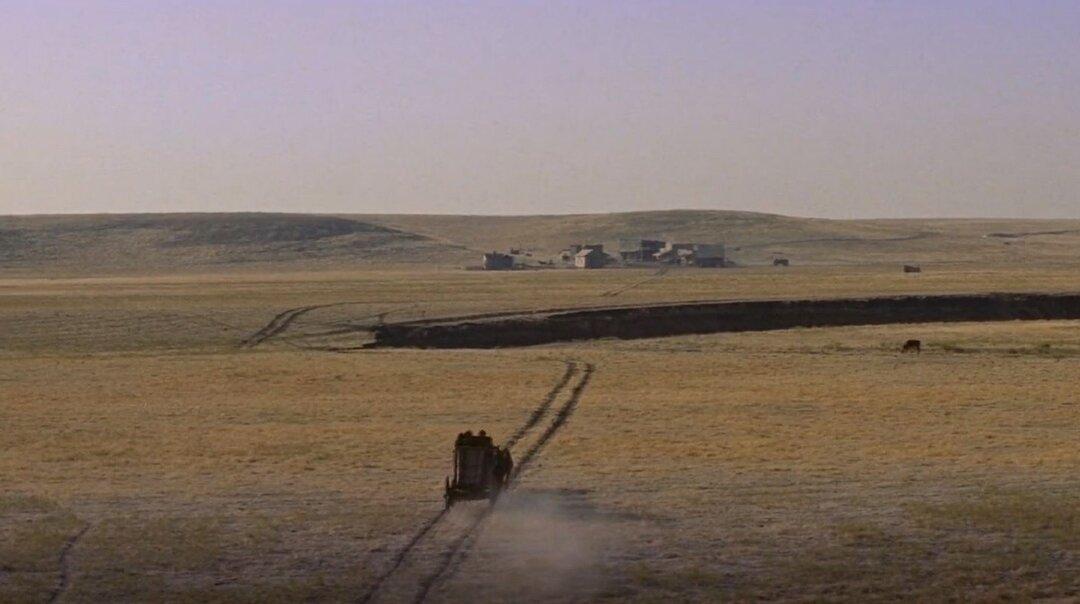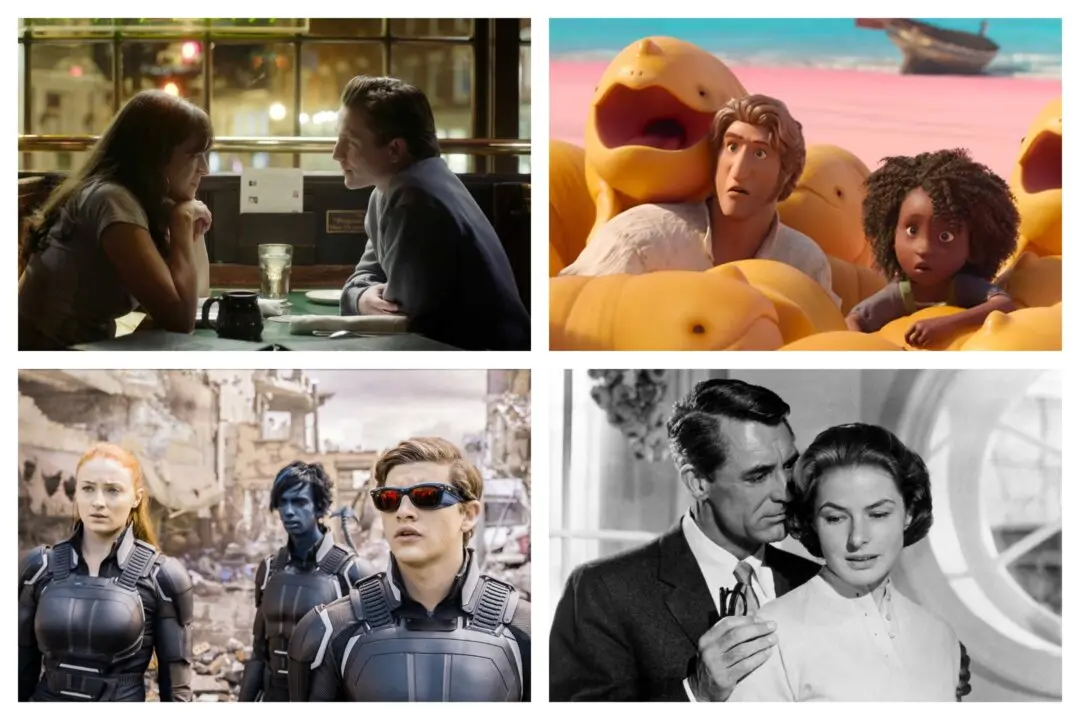Passed | 2h 46min | Romance, Western | October 1958 (USA)
As an unabashed fan of one of the greatest American film directors, William Wyler, as well as classic Westerns, I’m a little ashamed to have never seen “The Big Country” before. Wyler’s Wild West opus directly preceded his sword and sandal historical epic “Ben-Hur,” headlined by actor Charlton Heston. Here, however, Heston appears in one of the few supporting roles he played in his life, with the spotlight going to lead Gregory Peck.






